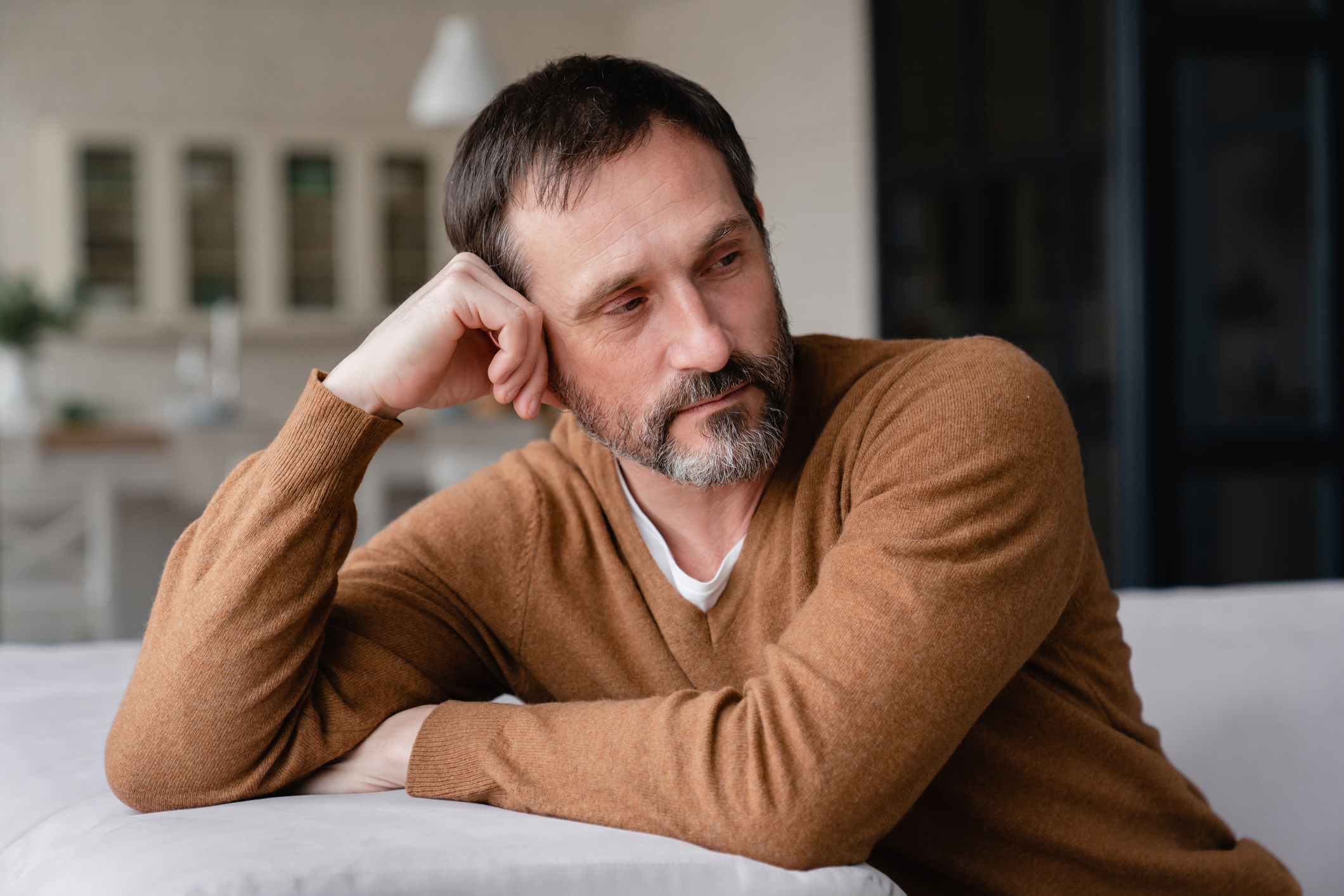Get Easy Health Digest™ in your inbox and don’t miss a thing when you subscribe today. Plus, get the free bonus report, Mother Nature’s Tips, Tricks and Remedies for Cholesterol, Blood Pressure & Blood Sugar as my way of saying welcome to the community!
Fatigue: How to keep it from shortening your lifespan

Do you feel good about your energy levels or do you struggle to make it through daily activities or even ones that you used to enjoy, only to end up feeling exhausted?
Answering that question could predict whether or not you’re going to live a long, healthy life or die within the next three years.
That seems pretty stark, but according to a study by University of Pittsburgh epidemiologists, your “fatigability” is a window to your mortality.
From “I can go all day” to “I’m just ready to drop”
If you’re like me, you just thought “fatigability, well that’s a new word.”
And yes, it is. You can thank the Pittsburgh researchers who actually created what’s now known as the Pittsburgh Fatigability Scale to help people rate how easily they tire out during activities.
To conduct their research, the team used the scale with almost 3,000 participants, aged 60 or older. They asked them to rank from 0 to 5 how tired they thought or imagined that certain activities would make them. These activities included all of the usual suspects, like a leisurely 30-minute walk, light housework or heavy gardening.
Then, they followed each participant for an average of 2.7 years to find out who was still living and who had passed away.
And after accounting for all other factors that might influence mortality, like pre-existing conditions and age, the team discovered that how tired you get goes hand-in-hand with how long you’ll live.
They found that participants who scored 25 points or higher on the Pittsburgh Fatigability Scale were 2.3 times more likely to die in the 2.7 years after completing the scale, compared to their counterparts who scored below 25.
But it’s not all bad news…
The researchers also say that if you experience less fatigue and have greater energy, it indicates you’ll likely experience more longevity.
Now, if you think you fall into the group experiencing higher fatigue, you might be a little concerned about your future right now. But nothing is written in stone…
Turning your energy levels up
Previous research has determined that getting more physical activity can help to reduce your fatigability score — and therefore your risk of an earlier death.
And one of the best ways to increase your physical activity is by setting manageable goals and starting a routine, like taking regular walks or hitting the gym.
Since even light exercise has been found to help lengthen life, simply get started at whatever level you’re currently at. You can work your way up as you go.
But don’t forget about taking care of your energy levels at the cellular level, where they start — and where they first begin to dwindle the older we get.
Your mitochondria are responsible for generating energy in every cell in your body. But mitochondria wear out as we age — which leaves cells unable to create the energy they need to function optimally.
Two nutrients that have been researched for rejuvenating mitochondrial energy are pyrroloquinoline quinone (PQQ) — which has also been found to not only revive but also replenish mitochondria — and coenzyme Q10 (CoQ10).
Your mitochondria need CoQ10 in order to produce adenosine triphosphate (ATP), a molecule that delivers energy to your cells. Your body needs this energy to perform the functions that support life.
So, start today to rev up your energy to get moving and keep moving.
Editor’s note: Are you feeling unusually tired? You may think this is normal aging, but the problem could be your master hormone. When it’s not working, your risk of age-related diseases skyrockets. To reset what many call “the trigger for all disease” and live better, longer, click here to discover The Insulin Factor: How to Repair Your Body’s Master Controller and Conquer Chronic Disease!
Sources:
Feelings of Fatigue Predict Death in Older Adults – University of Pittsburgh













